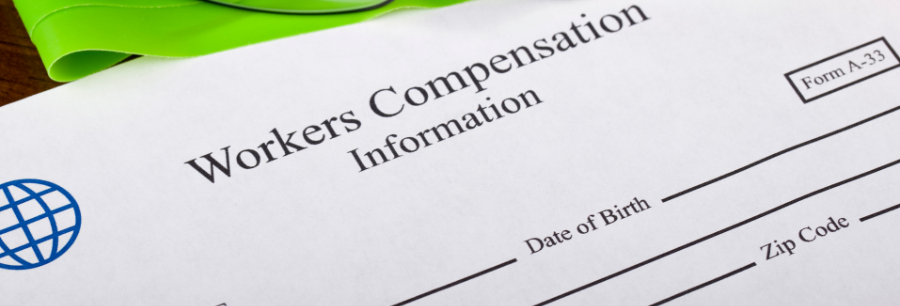NIBA Calls for Targeted Reform to Address Structural Issues in NSW Workers Compensation Scheme
Last week the NSW Standing Committee on Law and Justice held a public hearing into the NSW Government’s proposed changes to liability and entitlements for psychological injury.

A broad cross-section of organisations were invited to appear before the committee including union representatives, business associations, lawyers, mental health organisations, icare, SafeWork NSW and the State Insurance Regulatory Authority (SIRA). While perspectives varied, a significant number expressed opposition to the draft legislation.
Key concerns centred around increasing the Whole Person Impairment (WPI) threshold for psychological injuries from 15% to 31%, and restricting compensable psychological injuries to those arising from a defined ‘relevant event’. Including acts of violence or threats of violence; being subjected to indictable criminal conduct; witnessing incidents that result in death, serious injury, or the threat of either; experiencing vicarious trauma (within a defined scope); or being subjected to conduct that has been formally found by a court, commission, or tribunal to constitute bullying, sexual harassment, or racial harassment.
Many stakeholders argued these changes would significantly narrow access to support for workers suffering psychological harm, and that vulnerable workers would be excluded from the scheme and forced to seek help elsewhere, placing further pressure on public health and welfare systems.
In its submission to the committee, NIBA acknowledged the urgent need for reform, citing the scheme’s growing financial instability, with a $3.6 billion deficit and a deteriorating funding ratio.
NIBA identified three key cost drivers:
- Psychological injury claims, which, despite accounting for only 12% of claims by volume, represent a disproportionate share of scheme liabilities due to their complexity and duration.
- Deficiencies in claims management, including delays and inconsistent decision-making by claims service providers.
- Admission of non-work-related claims, which place unnecessary pressure on the scheme and divert resources from legitimate cases.
NIBA called on the government to address these structural issues through targeted reform, cautioning against changes that would undermine the scheme’s core purpose or the rights of injured workers. The association urged a balanced approach that restores financial sustainability while preserving fair access to compensation and support.
In a media release issued prior to the hearing, the NSW Government emphasised that no final decision had been made.
“The Government will not be adopting a final position on workers compensation reform until the community has had a chance to have its say. This Exposure Draft is intended to provide a starting point for the next phase of conversations and to highlight the scale of the challenges the scheme is facing.”
The committee is expected to provide a final report to government by Friday 23rd May.
To read NIBA’s submission click here .
